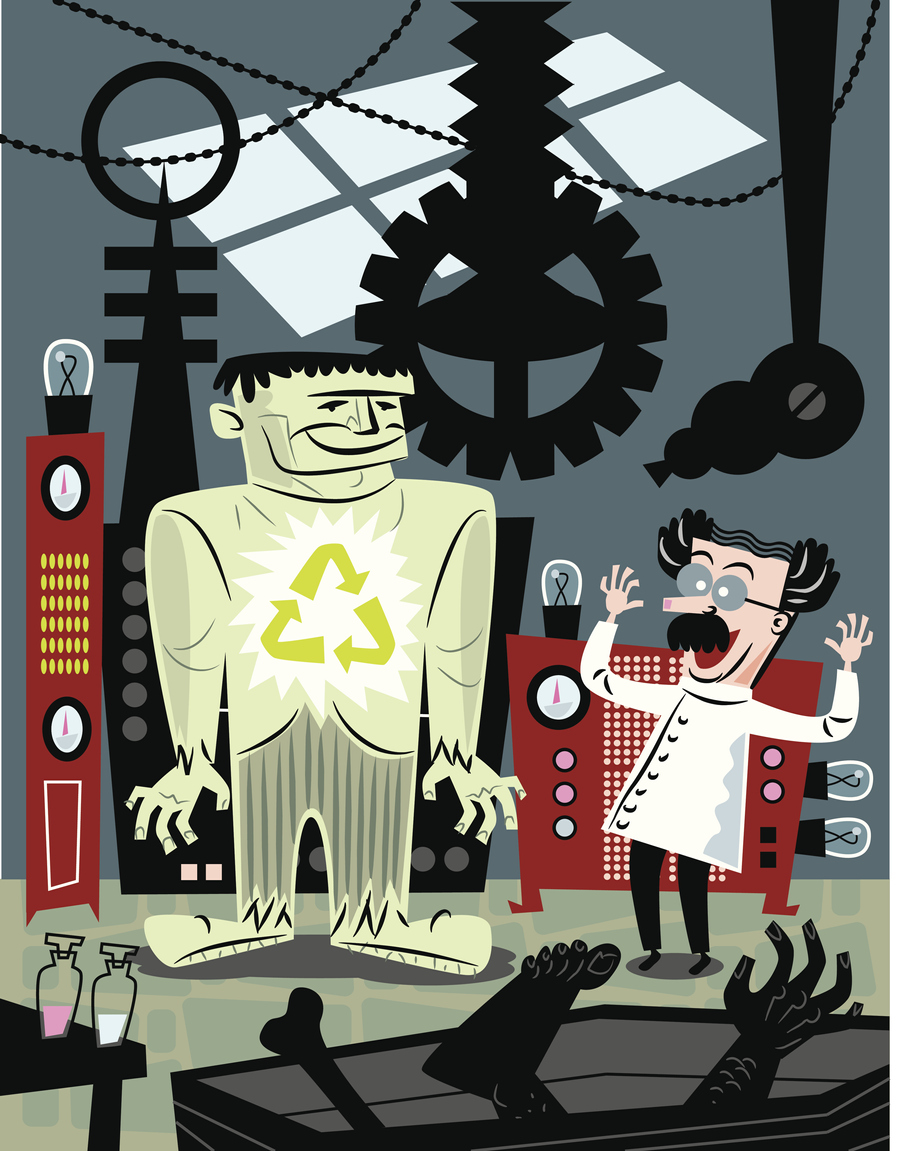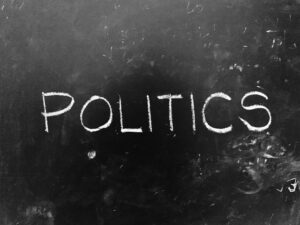In the 1970s, Irving Kristol began to document a disturbing consequence of President Lyndon Johnson’s War on Poverty, which, among other things, had funded large numbers of social scientists to research the best ways government might help poor and minority families. Despite the optimistic titles on the studies, a close analysis of the programs they recommended showed that the lives of the intended beneficiaries had changed very little. Indeed, the only people who appeared to have profited were those who had designed and administered the programs.
This realization led Kristol to postulate an intrinsic flaw in the relationship between social scientists and their government funders: just as there is a natural tendency for public officials to support those academics whose findings justify an expansion of their bureaucracies, so there is a complementary temptation for social scientists to come up with results that will prompt further study grants.
While Kristol never suggested anything as blatantly corrupt as an explicit demand by public officials for favorable research outcomes, or a cynical agreement by social scientists to doctor their findings, he did fear something like what President Eisenhower had famously foreseen in the “military-industrial complex”: namely, that a mutually self-serving connection between the academy and the state could squander taxpayer dollars in worthless, even counterproductive, social programs. Worse, Kristol thought, it could foster a culture that disproportionately elevates the wisdom of the state above family, community, and spiritual resources.
Kristol’s portrayal of American social science as little more than the marketing arm of a rapidly expanding public sector did not go over well with academic researchers or their political patrons. If President Johnson’s vision of a paternalistic government seemed to be floundering, they countered, it was not because universities had failed to produce useful guidance; it was because they had not produced enough guidance.
Given that Kristol had no way to prove his fears of tacit collusion, his warnings were largely ignored. But decades later, his views received an unexpected reprieve when Dr. John Ioannidis, co-director of Stanford University’s Meta-Research Innovation Center, astonished the academic world with a report showing that many of the most influential social-science studies long considered “settled science” could not, in fact, be replicated. In other words, by the ultimate test of scientific validity—the ability to get the same result when repeating the same experiment—much of what was held to be true about human behavior was now very much in doubt.
In the years since Ioannidis’s 2005 report, follow-up investigations have only further accentuated the “experimental irreproducibility crisis.” In 2015, for example, Science magazine tried to duplicate the findings of 100 studies reported in three prominent psychological journals, but only 36 of the retests yielded the predicted results. That same year, the Federal Reserve did its own study, which could not reproduce most outcomes of 67 recently issued economics reports. Ioannidis now believes that up to half of all discoveries published in peer-reviewed social-science and medical journals are likely false, an opinion he shares with both National Association of Scholars (NAS) president Peter Wood and The Lancet’s editor-in-chief, Richard Charles Horton.
Widespread experimental error goes a long way toward explaining why the trillions invested in the two biggest goals of the War on Poverty—improving public schools and helping people stuck in entitlement dependency—have failed to be realized. It also explains why public services in states like New York and California, which rely heavily on social-science research to fine-tune outcomes, are viewed by residents as inferior to those in “less enlightened” states.
But perhaps more importantly, the fact that legislatures routinely pass failing programs based on flawed research goes a long way toward vindicating Kristol’s original suggestion of a self-serving relationship between researchers and their biggest funders—federal and state governments. Furthermore, a growing number of academics, embarrassed by the extent of experimental irreproducibility, have begun to concede the possibility of tacit collusion.
In theory, faculty have an objective “truth-finding” and “truth-telling” role, says University of California–Berkeley law professor Stephen D. Sugarman. But “because of their own financial interests, faculty may be dishonest in what they say they have discovered and/or how they describe the state of knowledge in their field.” Musa al-Gharbi, a Paul F. Lazarsfeld Fellow in sociology at Columbia and research associate at Heterodox Academy, similarly believes that nearly every academic paper touching on “how society should be best arranged” has likely been subject to “prejudicial study design” based on how the outcome would profit the author.
We can no longer ignore the fact that social-science research, as unreliable as it is, has a consistent tendency to recommend public sector remedies, argues John Marini in his book Unmasking the Administrative State. We see this especially in the extent to which today’s academic specialties and government departments have come to mirror each other, as well as in the difficulty politically conservative professors have getting the peer endorsements needed for publication. Not all unreliable research is big-government advocacy, and not every government program is based on distorted findings, but in the words of NAS president Wood, “the intersection between the two is very large.”
Perhaps the best evidence that researchers and public officials have created a false reality of mutual convenience is that any criticism of scholarly events organized to deal with experimental irreproducibility comes from the political left—in other words, from those sympathetic to bigger government. The Independent Institute, for example, reports that two graduate students who had been set to present at its February 2020 conference on the subject withdrew out of concern over threatened career sabotage by progressive colleagues. And many of the commonsense recommendations that came out of the gathering, such as spending more on replication studies and requiring researchers to make data and study protocols available, were attacked as everything from white supremacy to climate change denialism.
Those who turn to Scripture for guidance on the proper use of science inevitably confront a seeming paradox. Genesis 1:28 urges us to accumulate knowledge of the world so that we can cultivate its resources and govern it. “Be fruitful, and multiply . . . replenish the earth, and subdue it; and have dominion over the fish of the sea, and over the fowl of the air, and over every living thing that moveth upon the earth.” But in other places, such as 1 Corinthians 3:18–19, it says that “the wisdom of this world is foolishness with God.” Perhaps we can take from this a warning of what can happen when we delegate too much responsibility for our welfare to a relatively few, all-too-human elites.
It is bad enough that the interdependence of social science and government bureaucracy leads to ineffective and wasteful programs, but it also creates a serious cultural problem. By promoting an unjustified reliance on large secular institutions, it tends to minimize the social importance of character development and families, local civic associations, and religious worship—the very ties and associations necessary to sustain a healthy society.





